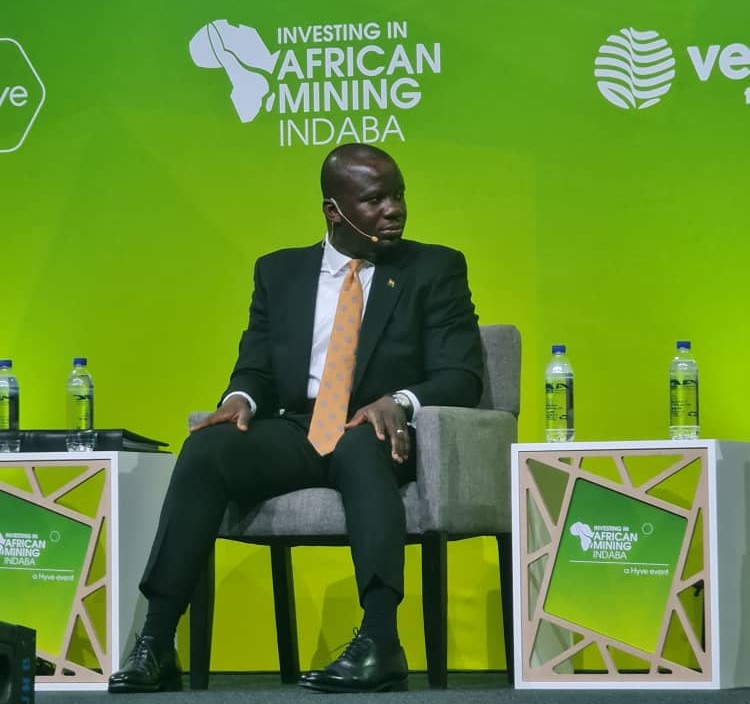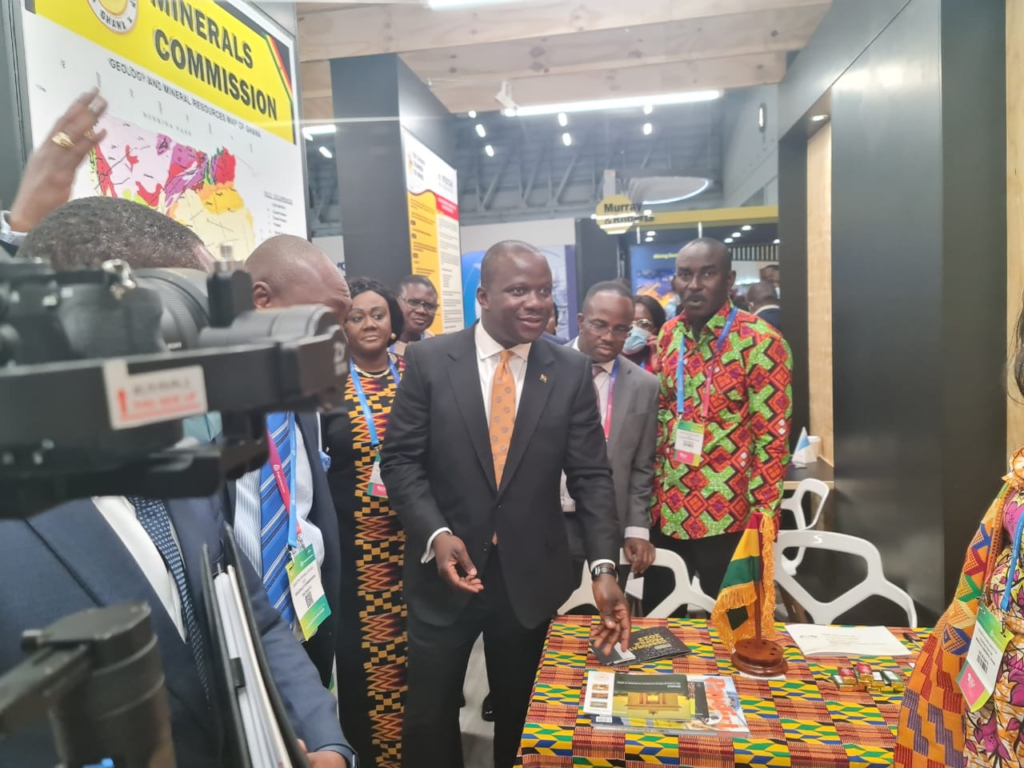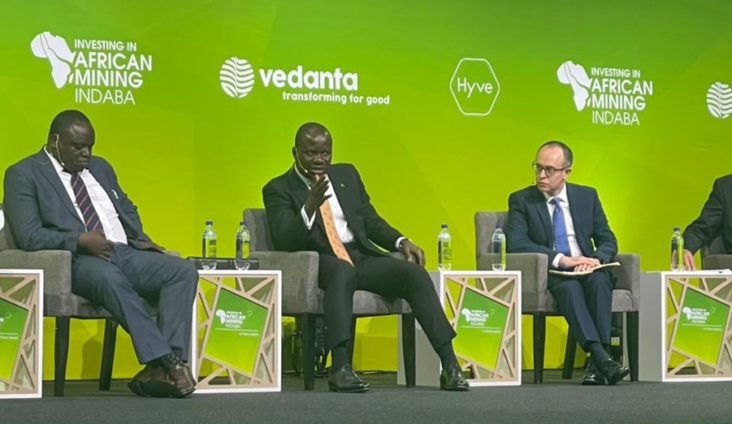The Lands and Natural Resources Minister, Samuel Abu Jinapor, has advocated a policy and legislative framework in the determination of resource nationalism and exploitation of such resources for development.
According to him, a statutory framework on natural resources, that is known to both investors and states, ensures investors that come into Africa will be aware of the fiscal framework of countries.
He pointed out that if the regulatory framework is well known, the rules do not get changed in the middle of an agreement leading to conflict.
Speaking at a Mining Conference in South Africa on Tuesday, Mr Jinapor argued that resource nationalism is at the heart of the mining industry.

He added that the consideration of outright exploration, seizures and state control interventions has become quite unfashionable and given way to new reasoning.
“The sophisticated tools of local content, indigenisation, tweaking of already-established contracts and agreements and breach of contracts, and so on, which is also another mechanism for resource nationalism has become common.”
“Being able to attract the needed capital investment and technology and how to exploit these resources for the benefit of the citizens of the state is the biggest issue we have to deal with,” he stated.
The Damongo Member of Parliament (MP) encouraged investors to make it a decision to invest in Ghana because they can be certain they are investing in a democratic state where the rule of law prevails and sanctity of contract is the norm.
“And so if we get into negotiations, and we cast the terms of our negotiation in a contract, you can rest assured that it will be respected,” he added.
A paradigm shift in mining industry
The Lands Minister disclosed that President Akufo-Addo has rolled out a programme that will result in a major paradigm shift in how the Ghanaian mining industry is regulated and operated, which is an insistence on value addition.

This programme, he said, is determined to ensure that value is added to minerals from exploration prospecting and mining to refinery to the downstream industries.
“All of these are matters that we’re planning. So is it for iron, steel and bauxite? By an Act of Parliament, we are insisting that within five years after the promulgation of the law, no raw bauxite can be exported out of Ghana.”
“Value addition will ensure that we retain a lot of the value in Ghana as well as also putting in place special institutional arrangements such as the Mineral Development Fund where we are dedicating 20% of our royalties for development in mining communities in Ghana, and the Minerals Income Investment Fund (MIIF) where we are seeking to collateralise and leverage royalties for national development and in mining communities and to also bring about capital to indigenise the mining community in our country,” he said.
Latest Stories
-
Dr Nduom hopeful defunct GN bank will be restored under Mahama administration
5 minutes -
Bridget Bonnie celebrates NDC Victory, champions hope for women and youth
12 minutes -
Shamima Muslim urges youth to lead Ghana’s renewal at 18Plus4NDC anniversary
1 hour -
Akufo-Addo condemns post-election violence, blames NDC
1 hour -
DAMC, Free Food Company, to distribute 10,000 packs of food to street kids
3 hours -
Kwame Boafo Akuffo: Court ruling on re-collation flawed
3 hours -
Samuel Yaw Adusei: The strategist behind NDC’s electoral security in Ashanti region
3 hours -
I’m confident posterity will judge my performance well – Akufo-Addo
3 hours -
Syria’s minorities seek security as country charts new future
4 hours -
Prof. Nana Aba Appiah Amfo re-appointed as Vice-Chancellor of the University of Ghana
4 hours -
German police probe market attack security and warnings
4 hours -
Grief and anger in Magdeburg after Christmas market attack
4 hours -
Baltasar Coin becomes first Ghanaian meme coin to hit DEX Screener at $100K market cap
5 hours -
EC blames re-collation of disputed results on widespread lawlessness by party supporters
5 hours -
Top 20 Ghanaian songs released in 2024
5 hours

